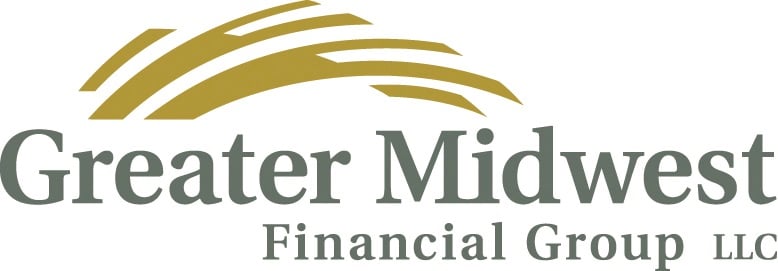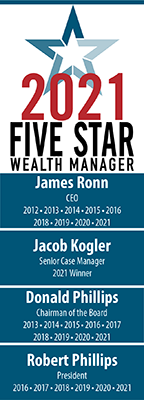
With the recent instability, many people are now revisiting their retirement plans and wondering: what now?
If you’re revisiting your retirement, follow these tips to get your retirement on track.
10 Retirement Tips for 2022
1. Be ok with being off schedule
The last few years have been incredibly volatile and stressful, and many people faced unanticipated financial shakeups. And for many, this meant that retirement plans went off-schedule.
You may find yourself forced into early retirement or retiring later than planned. Our advice is: it’s ok. It can be extremely discouraging when your plans are shaken up, but you can still create a smart retirement plan even when the timeline isn’t what you originally planned.
⇾ Read Now: 5 Ways to Right Your Retirement Savings After Coronavirus Setbacks
2. Create a new retirement plan
That being said, if your timeline was derailed – it’s important to get a new plan in place. You’ll want to chart a general path forward, and a new timeline for your retirement. This timeline may change again in the future, but it helps to have some picture of when you want to retire in order to stay on track.
3. Review your long-term care plan
As you plan for retirement, another factor to consider are your long-term care plans. As we all age, we need to consider options for financing long-term care.
While this isn’t strictly a part of your retirement process, it is relevant as it’s something you’ll want to set up before retirement and likely access after retirement.
4. Track your current spending
It’s very likely that your current spending was different when you originally created your retirement plan. Now that the initial market shakeups from COVID are settling down, this is the perfect time to take another look at your current spending to have a more accurate idea of your budget.
5. Reduce as much debt as possible
After you’ve reviewed your current spending, the next step is to make a plan to reduce your debt. This may be something that you had to put on pause during 2020-2022, so once you’re in a more comfortable position you’ll want to tackle your debt again.
The less debt you have going into retirement, the better. A financial planner can help you review your current expenses and areas they can be reduced. You can then use this money toward paying off debt.
6. Increase money set aside
You may also want to increase the money you’re setting aside for retirement, especially if you scaled this back in 2020 or 2021. Either way, while you’re planning for retirement you should take a look at what you’re setting aside for your retirement.
7. Look into part-time options
Increasingly, we’re finding that our clients moving into retirement aren’t ready to fully retire. Something to consider: will you want to wind down instead of going cold turkey?
This can take the form of paid part-time work, consulting or other income options (Airbnb, uber, etc.) to bring in a little extra income during retirement. It could also be non-paid volunteer work.
8. Identify a health insurance plan
There are an endless amount of options for insurance after you turn 65 – Medicare, advantage plans, supplementary insurance, etc. While the options change over the years, it’s still a good idea to take a look at each of these options and consider what health insurance plan might make the most sense for you post-retirement.
If you plan to retire before reaching 65, it’s even more critical to review these options. Will your employer provide insurance after you retire? Will you need to find a new health insurance plan to fill in the gap? These are all important to consider.
9. Consider an HSA
If you don’t already have a health savings account (HSA), now is a good time to consider one. These are tax-advantaged accounts that let you set aside money for medical expenses. These types of accounts can become invaluable after retirement – especially if your new health insurance doesn’t cover a desired procedure.
⇾ Read Now: What is a Health Savings Account (HSA)?
10. Establish a relationship with a financial advisor
No matter where you are in your retirement planning, a financial advisor can aid with all the tips above and more. Establishing a relationship now with a trusted advisor ensures you have someone in your corner that can help you plan – no matter what life throws at you.
Charting your course for retirement? Our financial advisors at Greater Midwest Financial Group are committed to helping you balance your present and future finances so you can live comfortably and confidently well into the future.
***
Download Now: Guide to Retirement
After all your hard work, suddenly, retirement is here. Ensure your transition is as stress free as possible, with this free guide.
- Step by step guide to managing and planning your post retirement finances with timelines beginning 24 months out.
- What financial steps should you consider taking in the year or two before you retire.
- What financial moves should you contemplate in the year or two following your retirement.
Greater Midwest Financial Group is a financial advisory firm serving St. Paul, Minneapolis, and the wider Twin Cities area. We specialize in wealth management, retirement planning, asset management, and other personal finance needs.
Photo by micheile dot com on Unsplash




